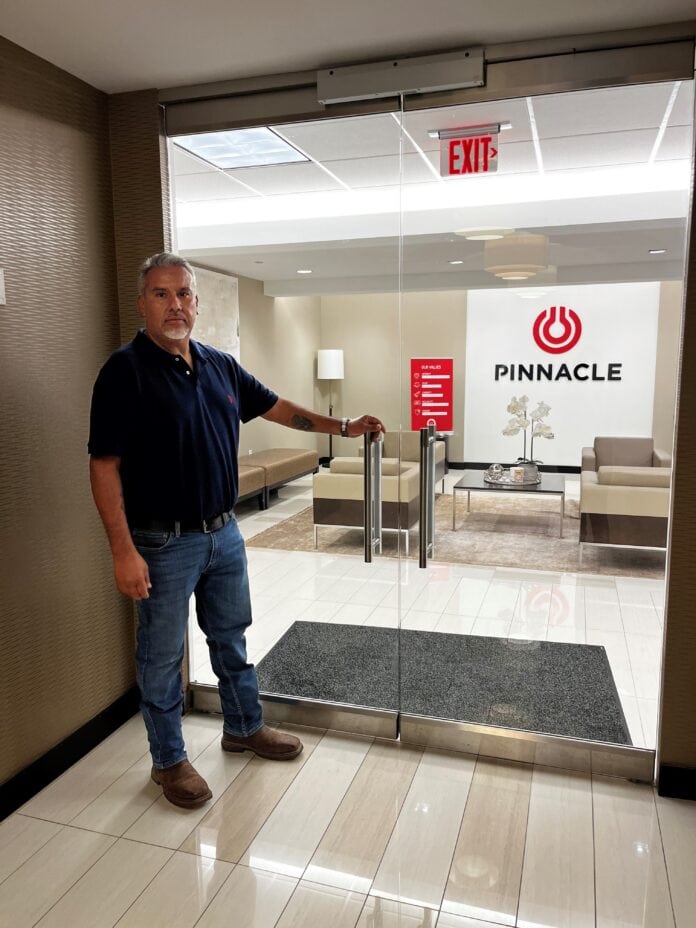Author: Guest contributor Henry Hernandez
“I sell propane and propane accessories.”
If you’ve heard this before, it likely came from the mouth of Hank Hill, the beloved TV character from Mike Judge’s Emmy-winning animated comedy “King of the Hill.” Coming soon to screen near you, Hulu’s upcoming reboot is putting America’s favorite propane salesman back on the map.
Where the fictional Arlen, Texas, is home to the Hill family, Dallas-Fort Worth is home to my employer, Pinnacle Propane, whose locations include Cedar Hill, among others. I’m proud of my work – so much so that I actually go by Henry “Hank Hill” Hernandez – but I’m the first to say that propane safety is no laughing matter. Speaking as one who sells propane for real, there are a few things about this fuel that you need to know.
Propane is a safe and efficient energy source when used and maintained properly, but like any energy source, it should be handled with care. Here are some tips for safe and efficient use of propane, especially in Texas’ extreme weather:
- Weatherproof your tank. Texas weather is infamous for its unpredictability, especially in the springtime when our weather can be at its best and worst in the span of a single week. If you have an above-ground tank, make sure it is protected from the elements, which can damage the tank or cause it to freeze (Note: propane freezing point is -44 F, so it is very unlikely even on our coldest days).
- Fill ‘er up. Keeping your tank full during rainy months helps to prevent moisture buildup inside the tank, which can cause corrosion and other issues. If your tank gauge drops below 30 percent, make sure you place a propane order. Put a reminder in your calendar or on your refrigerator to check the level periodically. (My employer enables customers to auto-order propane so their tanks remain at safe levels.)
- Check for leaks. Keep your tank on level ground and routinely check for leaks, especially in volatile temperatures. Also, ensure the tank valve is closed when not in use. If you need help or don’t feel safe doing this yourself, your local propane supplier can help check for leaks safely.
- Insulate pipes. If you have outdoor pipes, make sure they are properly insulated to prevent them from freezing. Your local propane company can advise and assist on how to insulate your pipes.
- Transport your tank safely. When driving with your tank in the car, keep your propane cylinder in an upright position. Never keep a filled propane cylinder in a hot car.
One safety feature that you don’t have to worry about is the safety to the environment. Propane is naturally clean-burning, meaning it produces fewer emissions than other alternative sources, such as electricity, oil and coal. Studies have found that propane produces 43 percent fewer greenhouse gas emissions than using an equivalent amount of electricity generated from the grid. That’s good for the environment – and because it’s so efficient, its reduced emissions are also good for your bottom line.
As I said before, I’m proud to sell propane and I regard educating others about its safe maintenance as part of my job. Remember to protect your tank from the elements, keep it full, check for leaks, insulate pipes when necessary, and transport it safely. Consult with your local propane provider for more information.













